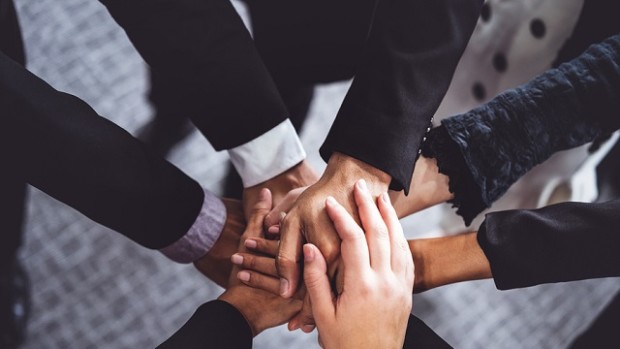
Needless to say, individuals, companies and countries alike have been hurt by the coronavirus.
Although most of us aren’t able to develop a vaccine or treatment, we can all be part of the solution – one that is founded in the way we think.
In the context of the workplace, many companies are faced with difficult decisions, including standing down staff.
Who should you continue to employ, what skills will you need going forward and how much will it cost to pay those you keep on, are all questions executives need to answer. Numbers and cashflow are only some of the strategic factors you need to consider.
Determining the cultural attributes of the workforce necessary to get through this crisis is what will pave the way to eventual recovery. In the words of business guru Peter Drucker, “Culture eats strategy for breakfast”.
Adapting to change
I often think about the virtues of self-restraint and common sense. This applies to individuals as well as corporations.
The workplace of tomorrow has no place for precious, seniority-obsessed, ego-centric individuals. Anyone who considers themselves entitled to special privileges should stay home (or move to LA with presumably self-funded security detail in tow).
The workplace of tomorrow will require people with not only intellect and skill, but also the right kind of attitude, high-quality thinking and behaviours, to get out of these murky waters. We will need people who are highly adaptable and flexible, which means that unless senior management genuinely know their people as individuals, these traits will be hard to identify.
Time for new practices
Working from home is also a new way of operating. Managers’ ability to lead a remote team cannot be assumed. Keeping staff motivated, aligned and focused is a challenge, especially given the uncertainty and technical glitches that are unavoidable.
The current times also mean that many best practices have become way too old-fashioned. It is time for some new practices. The pandemic has shone a spotlight on the fragility of our systems, our overt reliance on foreign supply chains and erosion of local manufacturing.
The good news is that some weaknesses, in a given context, may be tweaked and become strengths. During these days of solitude we may certainly take the time to think and introspectively reflect on how we may improve.
Conclusion
As per Darwin’s theory of evolution, it is not about survival of the biggest or the most intelligent, but of those most adaptable to change.
No matter whether we are running a business, a country or simply as CEO of our own lives, it is the culmination of resilience, tenacity and adaptability that will see us through.
Like many catastrophic phenomena in history, this is also one that will pass. This has not just been a time of immense frustration, pain and tragedy, but also one that has opened our eyes to seeing the many facets of truth behind who we really are as individuals, as businesses and as a nation. This revelation is indeed valuable.
Maria Fok has corporate experience from ASX-listed, government and global organisations and a passion for speaking and writing about how businesses may accelerate their progress, improve and innovate.






